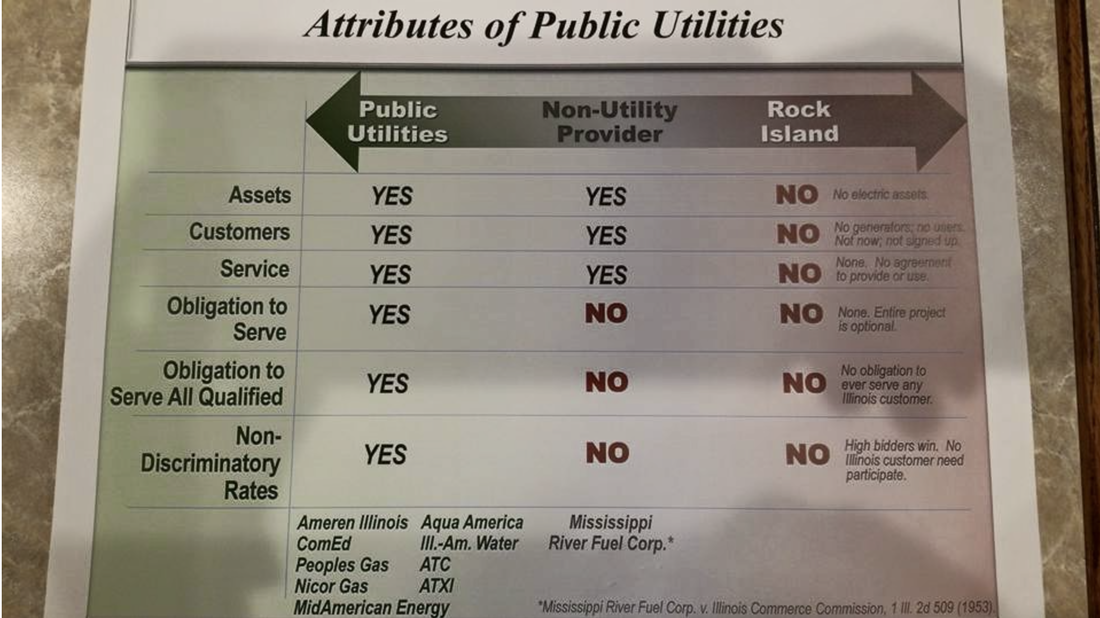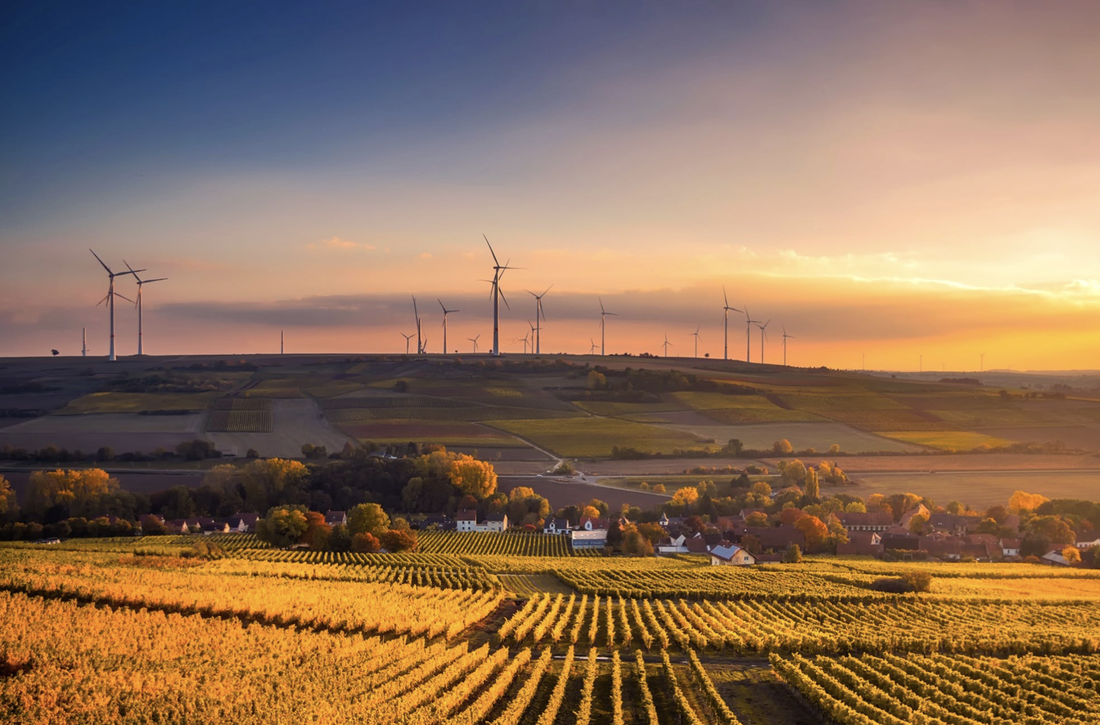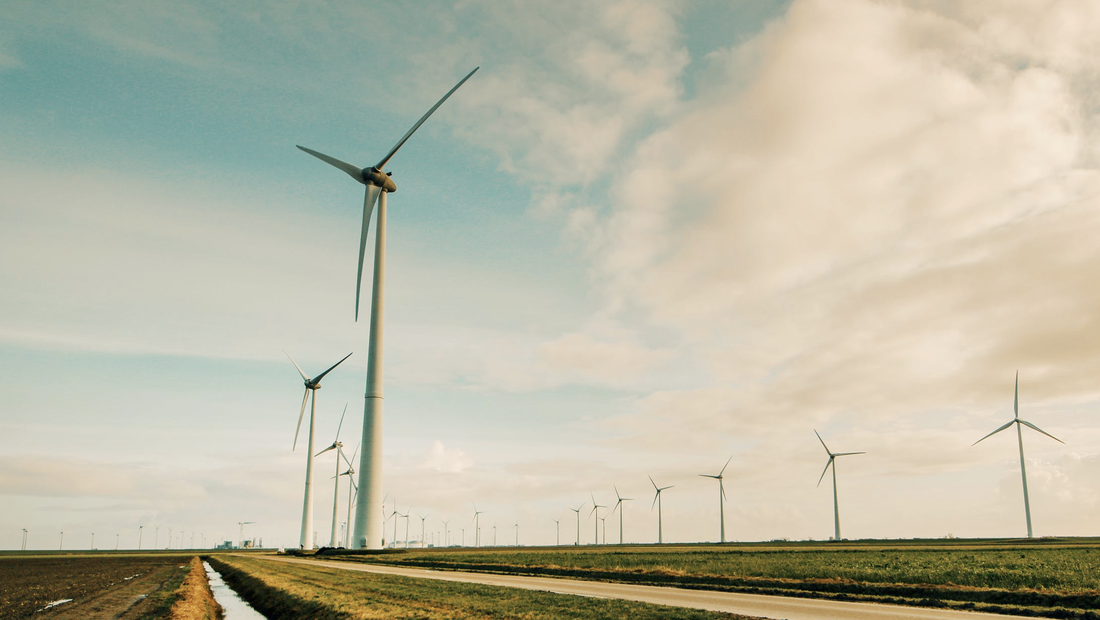What makes a hero?
A person who is admired or idealized for courage, outstanding achievements, or noble qualities?
A person of superhuman qualities and often semidivine origin, in particular one of those whose exploits and dealings with the gods are the subject of partisan political legends?
The chief male character in a book, play, or movie, who is typically identified with good qualities, and with whom the reader is expected to sympathize?
The chief male character in this upcoming book is no hero to thousands of Midwesterners. In fact, I don't think any of them would spend a dollar, much less 27 of them, to read Michael Skelly's biography. Besides, they all know how the story ends. Clean Line Energy Partners is just about as dead as Michael Skelly's crazy idea to build more than 2,000 miles of high voltage transmission across thousands of privately-owned family farms in 8 states.
Clean Line no longer has any employees. It no longer has any projects. Two have been scrapped. Two have been sold. One is for sale. There still aren't enough customers to make any of them economic. It was a dumb idea and it's gone the way of other dumb ideas... and it took nearly $200M along with it.
The only thing I can think when I read "About the Book" is... what the hell? The author wouldn't love this guy if it was his grandma's farmhouse in the shadow of the towers, or his livelihood threatened by reduced yield and increased costs, or his family legacy on the chopping block. He seems much too stuck on arrogant greenwashed political ideals without any empathy for his fellow human beings affected by them. In that way, perhaps he so closely identifies with his subject that he's lost any objectivity.
So... let's take a look.
The author of The Boom, “the best all-around book yet on fracking” (San Francisco Chronicle), turns his attention to renewable energy pioneer Michael Skelly, whose innovations, struggle, and persistence represent the groundbreaking changes underway in American energy.
Enter Michael Skelly, an infrastructure builder who began working on wind energy in 2000, when many considered the industry a joke. Eight years later, Skelly helped build the second largest wind power company in the United States—which was sold for $2 billion. Wind energy was no longer funny; it was well on its way to powering more than six percent of the electricity in the United States.
In Superpower, award-winning journalist Russell Gold tells Skelly’s story, which parallels our nation’s evolving relationship with renewable energy.
Michael Skelly? Infrastructure builder? Clean Line has built nothing and most of the people I know only consider him skilled at spending other people's money.
Wind power is well on its way to powering 6% of the electricity in the United States? You did say 6, right? How would you like your lights to work 6% of the time, Russell? I like mine to work 100% of the time, so I still consider wind power to be a funny joke. The only thing it's really accomplishing is making a small group of people very, very rich at taxpayer expense. Oh, and I guess it helps greenwashed city dwellers sleep better at night pretending the electricity they waste keeping their metropolis lit all pretty through the night is coming from some far away land where everybody loves shadow flicker.
If Skelly's story parallels our nation's evolving relationship with renewable energy, then what can we conclude except that we're all doomed? Doomed to waste millions on ideas that don't work!
And then let's examine this:
Along the way, we meet Skelly’s financial backers, a family that pivoted from oil exploration to renewable energy; the farmers ready to embrace the new “cash crop”; the landowners prepared to go to court to avoid looking at spinning turbines; and utility executives who concoct fiendish ways to block renewable energy.
Where are the landowners who successfully blocked Skelly's ideas? They're not in this book. It's almost as if they don't matter. But they do matter, they matter very much. They are the biggest reason Skelly's idea "for a new power grid that would allow sunlight in Arizona to light up homes in cloudy New Hampshire, and even take wind from the Great Plains to keep air conditioners running in Atlanta" failed. Obviously the author of that blurb has no earthly idea how the "power grid" works. Electrons are all the same color. There are no special "sunshine colored" ones that can set out on a trek to New Hampshire. That's pure greenwashed fantasy. Michael Skelly's idea was that fiendish utility executives would pay him big bucks to say they were providing their customers with renewable energy to scratch their climate change footprint itch, and that landowners along the route would be happy to sacrifice their homes and businesses in the name of renewable energy. None of that happened.
Michael Skelly's story is anything but thrilling, provocative, and important. It's costly, boring and exasperating. Much like this book.
Villain: a character whose evil actions or motives are important to the plot; the person or thing responsible for specified trouble, harm, or damage.
Literature exists in the mind of the reader.



 RSS Feed
RSS Feed